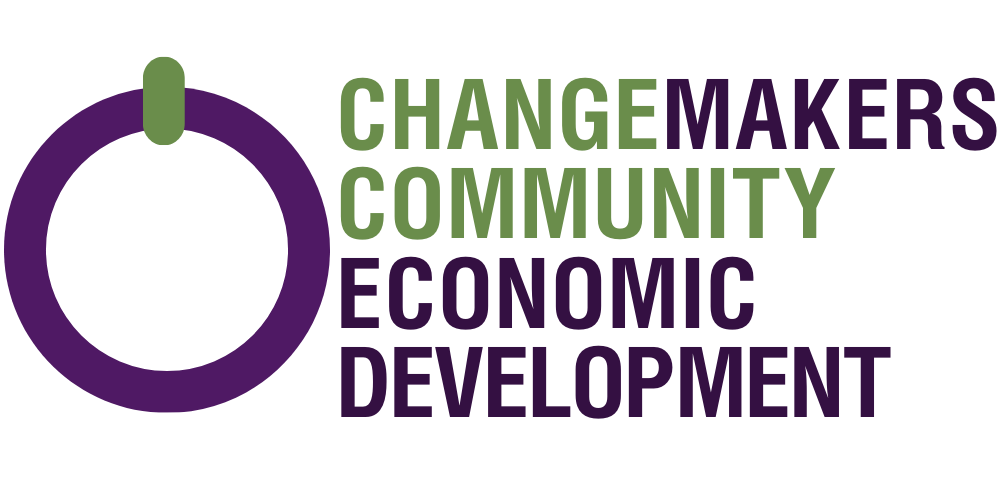
beginning stewardship:
foundations in
indigenous philanthropy
Kaʻiʻi Beginning Stewardship is a 36-week course, divided into three 12-week trimesters with three-week breaks between trimesters.
The course provides emerging fundraisers with a culturally grounded foundation in Indigenous philanthropy, fundraising, and stewardship. Participants will explore key principles of resource stewardship, donor engagement, relationship-building, and ethical fundraising while aligning these practices with community needs and cultural values.
Each trimester is $200. During the three-trimester structure, students will:
Trimester 1: Build an understanding of Indigenous stewardship principles and fundraising foundations.
Trimester 2: Apply knowledge through practical skill development, including event planning, donor engagement, and grant writing.
Trimester 3: Execute a real-world fundraising practicum to create tangible community impact.

CHARTING THE COURSE: TRIMESTER ONE
KEY TOPICS
✓ Indigenizing Philanthropy and Cultural Values in Fundraising
✓ Historical Evolution of Philanthropy and Power Dynamics
✓ Keen Observation: Understanding Community Strengths and Needs
✓ Resource Mapping and Asset-Based Fundraising
✓ Storytelling for Donor Engagement
ASSIGNMENTS & ACTIVITIES
✓ Weekly readings
✓ Observation Log
✓ Writing a Needs & Opportunity Statement
✓ Relationship Mapping Exercise
✓ Storytelling Workshop
✓ Weekly Journal Reflection Prompts
✓ Virtual Small Group Discussions
FAQs - Frequently Asked Questions
-
The Kaʻiʻi Beginning Stewardship course is a 36-week program designed to provide a culturally grounded foundation in Indigenous philanthropy, fundraising, and stewardship. Students will learn key principles such as resource stewardship, donor engagement, and ethical fundraising while aligning these practices with cultural values and community needs.
-
The course is divided into three 12-week trimesters with a three-week break between each trimester. Each trimester focuses on a different aspect of Indigenous philanthropy and stewardship:
Trimester 1: Foundations of Indigenous Resource Stewardship
Trimester 2: Practical Skill Development
Trimester 3: Practicum & Community Impact
-
Each trimester costs $200, paid before each 12-week session begins.
-
No, students cannot skip the beginner course. Completion of the beginner course is required to progress to the intermediate course. Similarly, the intermediate course must be completed before advancing to the advanced course.
-
Yes. Required materials will be provided, and books mailed to you before the start of each trimester.
-
The course includes a variety of activities, such as:
Weekly readings and journaling
Storytelling workshops
Grant proposal drafting and peer review
Social media fundraising strategies
Real-world fundraising practicum
-
No prior experience is required to take the Kaʻiʻi Beginning Stewardship course. The course is designed to guide students from foundational concepts to advanced applications, ensuring everyone can succeed.
-
To enroll in the course:
Register for the course here.
Our ChangeMakers team will reach out to you.
Pay the course fee for the trimester.
Once registered, students will receive access to course materials and schedules.
-
The next session begins on January 2026, with the first trimester running until April 2026.
-
Trimester 1: Foundations of Indigenous philanthropy and relationship-building.
Trimester 2: Practical skills like event planning, grant writing, and donor engagement.
Trimester 3: Hands-on experience executing a fundraising campaign or project.
-
Yes, students will receive a certificate of completion of all three trimesters at the end of the 36-week course, along with a portfolio showcasing their work.
-
This course is ideal for emerging fundraisers and those interested in learning culturally aligned approaches to philanthropy and stewardship, particularly within Indigenous or community-centered contexts.
-
Students will need a reliable internet connection, a computer or device for accessing virtual discussions, and software for journaling and assignments (e.g., Microsoft Word, Google Docs).
-
Students will have access to:
Weekly virtual discussions led by experienced instructors.
Peer collaboration through small groups.
Support resources like supplemental readings and case studies.
-
Yes, refunds are available up until the end of the first week of the trimester. After that, course fees are non-refundable.





